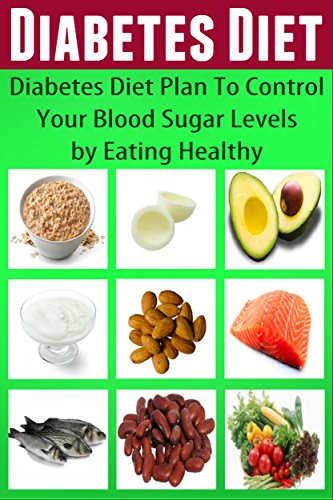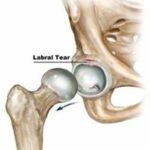Diabetes?
Diabetic Diet
People with diabetes do not get to purchase or prepare special foods. Diabetic Diet is taking The foods that are best for somebody with diabetes are the best options for everyone: foods that are low in fat, salt, and sugar, and high in fibre, like beans, fruits, vegetables, and whole grains. Diabetic Diet foods assist you in reaching and maintaining a weight that is perfect for your body, keep your blood pressure, glucose and cholesterol in your level, and stop or delay heart and vessel illness. Along with it, exercise can also help you win over high blood sugar.

Diabetes recommendations
- Eat 3 meals on a daily basis. Avoid skipping meals and morning breakfast, lunch and evening meals out over the day.
- At every meal include starchy carbohydrate foods – eg, bread, pasta, chapatis, potatoes, yam, noodles, rice and cereals. Eat a lot of slowly absorbed (low glycemic index) foods – eg, pasta, basmati or simple cooked rice, coarse-grained breads, new potatoes, sweet potato and yam, porridge oats, and natural breakfast food.
- Reduce the fat within the diet, particularly saturated fats. Use unsaturated fats or oils, particularly mono-unsaturated fats – eg, olive oil and rapeseed oil.
- Eat a lot of fruit and vegetables. Aim for a minimum of 5 parts on a daily basis.
- Eat a lot of beans and lentils – eg, kidney beans, butter beans, chickpeas or red and green lentils.
- Eat a minimum of 2 parts of oily fish per week – eg, mackerel, sardines, salmon and pilchards. Limit sugar and sugared foods.
- Reduce salt within the diet to six g or less per day.
- Drink alcohol only moderately to never, that’s the most necessary in a Diabetic diet.
- Don’t use diabetic foods or drinks (they are costly and of no benefit).
The goals of dietary recommendation are:
- To maintain or improve health through the utilization of acceptable and healthy food options.
- To accomplish and maintain the best metabolic and physiological outcomes, including:
- Reduction of risk for microvascular disease by achieving close to normal glycaemia while not undue risk of hypoglycaemia.
- Reduction of risk of macrovascular disease, including management of weight, dyslipidaemia and cardiovascular disease.
- To optimise outcomes in diabetic uropathy and in the other associated disorders.
Painfree lets you know all about regular exercises and exercises to go pain-free in life. You can contact here for more:+91-8800299652, +91-965087752






